The United Kingdom has almost 50,000 pubs etched into its landscape from the tip of southern England to the top of Scotland and Northern Ireland and everywhere in between. Pubs are a huge part of British culture and social life and, for a visitor, it’s a very integral part of the travel experience—like eating at brasserie or bistro in France, downing a liter stein of beer at a beer garden in Germany, or eating huge-portioned fried food in the United States.
Navigating an English pub can be daunting for newcomers. One thing to keep in mind is when you walk into a British pub, check your own drinking-and-dining cultural practices and assumptions from back home at the door.
It’s good to approach the pub with a few rules in mind. From drinking-up time to ordering etiquette, here are the seven English pub rules you need to remember to ensure an authentic experience.
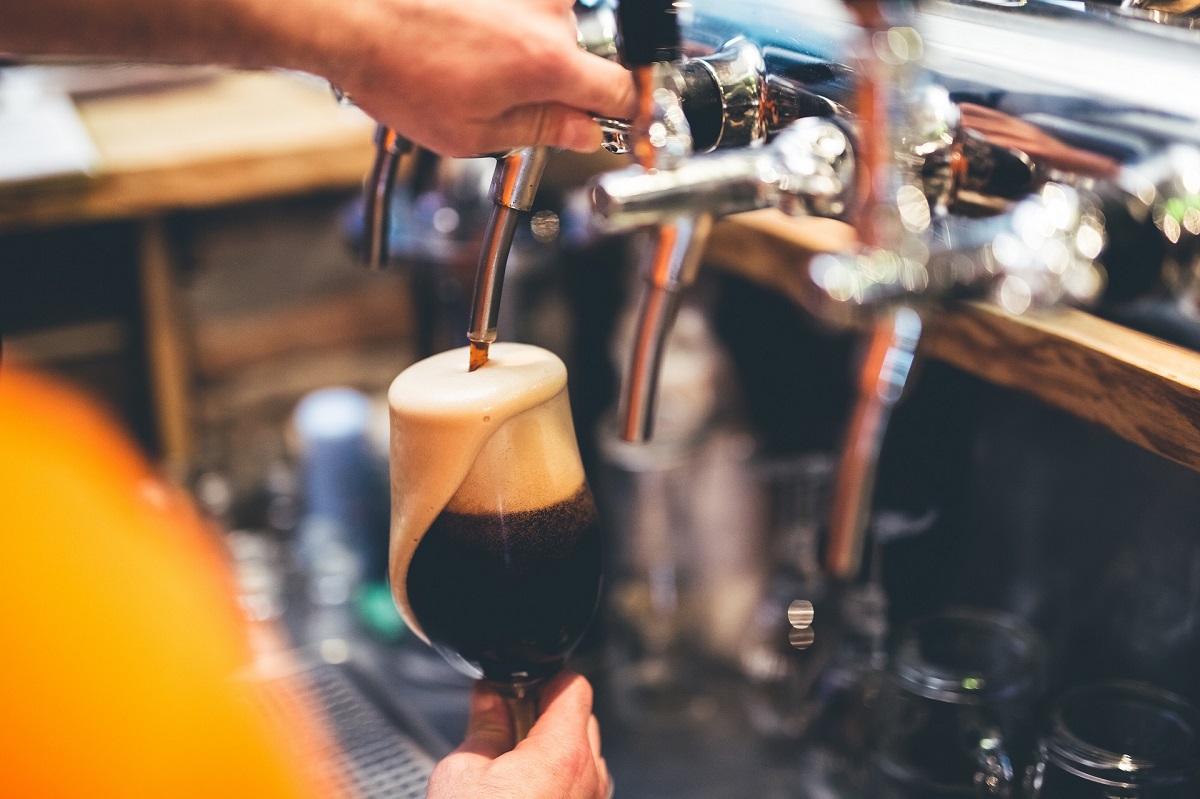
The English Pub Rules You Need to Know
Round ‘n’ Round
If you’re out drinking with Brits and someone is going up to get a round of drinks, don’t pull out your wallet and put some crumpled up British notes on the table to cover the cost of your drink. You might just hear, “C’mon mate, stop being so American.”
The reciprocal round buying of drinks in an English pub is as sacred a British tradition as the changing of the guard at Buckingham Palace or slagging off the royal family.
When you’re out with a group of people at a pub, or even one other person, it is customary to take turns buying each round. If it’s a large group, you’re in the midst of a long drinking session, and you think you can get away without buying a round, trust us: the Brits know; they’re quietly paying attention to who has and who has not had their turn. Trying to avoid buying a round with a group of Brits, is pub heresy in their minds and you will be excommunicated from the group.
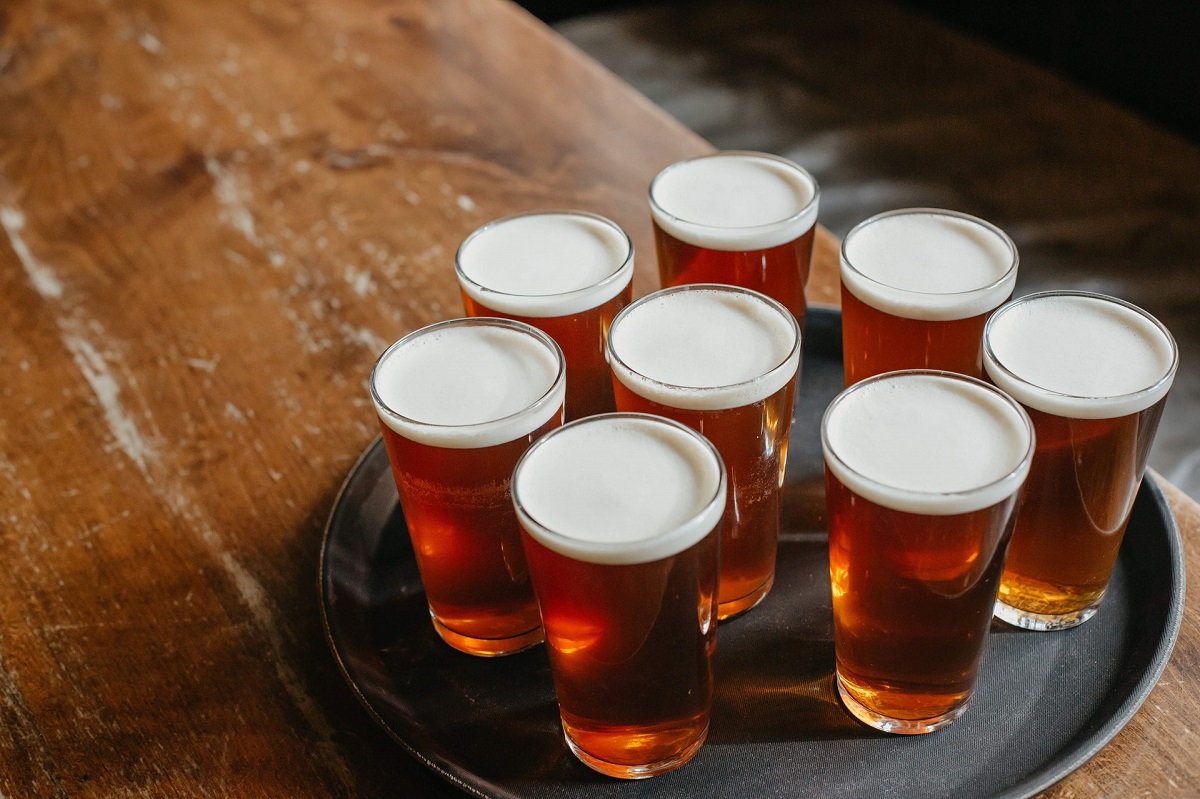
Order at the Bar
It’s a telling sight when you see a small group of people stroll into a British pub and sit down at a table and then, with increasing impatience, awaiting a server to come by to take their order. This isn’t the Continent. It’s not the United States. It’s Great Britain. Here you order at the bar. There are a few exceptions to this rule, particularly in Northern Ireland, but if you want a drink at a pub—and that’s why you’re here, right?—then march yourself up to the bar and order from the bartender.
This is a benefit to the drinker, actually. It means that if you want another drink, you need not wait for the busy server to come around. Instead, you can make a beeline for the bar and get your own drink when you want it. It also allows you to practice that other British-drinking tradition: taking turn buying rounds (See rule #1 for a refresher).
Traveler’s tip: If you want a quick and efficient introduction to English pub rules, consider signing up for our London’s Historic Pubs Food Tour. Not only will you bar hop from the city’s most historic pubs and taverns that literary greats once frequented, you’ll get a quick course on how to enjoy English pubs like a local.
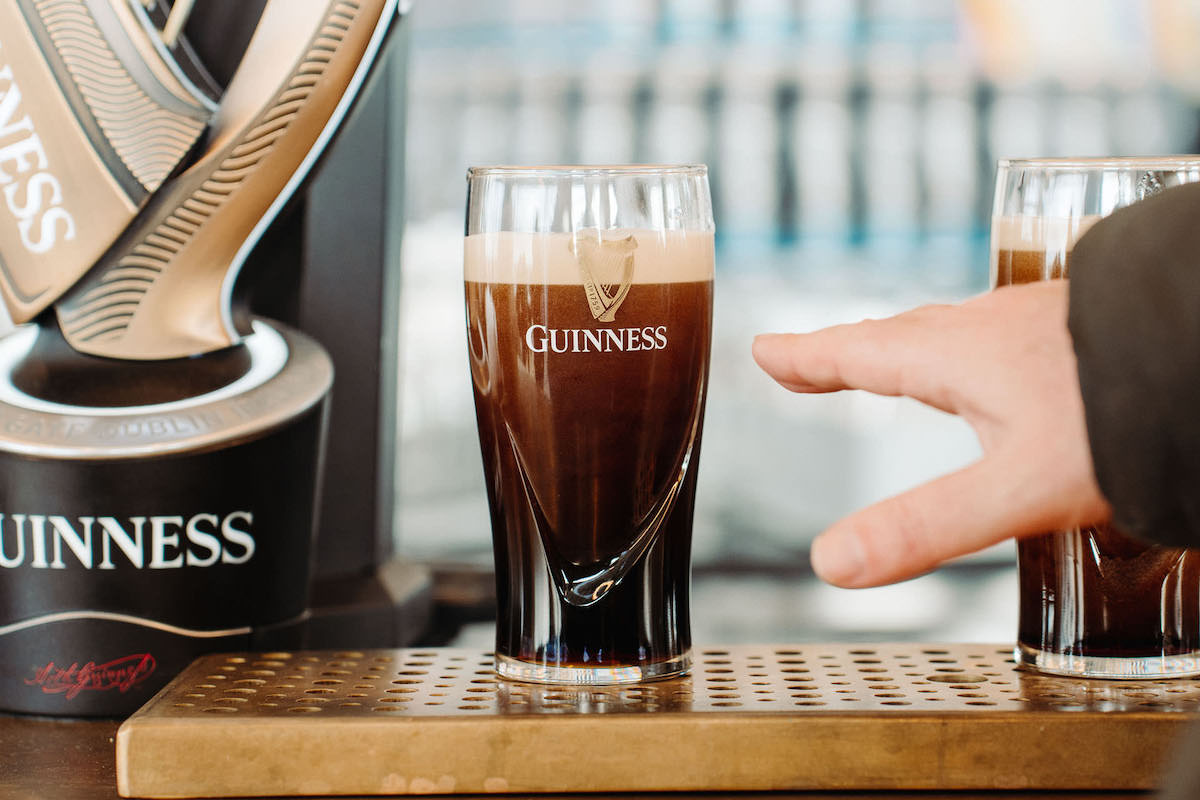
Top Tips for Enjoying an English Pub Experience
Talk, Don’t Talk
The bar counter is one of the few places in the country where local Brits might feel comfortable shedding their culturally conditioned aloofness. So if you’re standing at the bar, waiting to order, feel free to chat someone up.
There’s a particular way to talk to a British person you’re just meeting for the first time. Outstretching your hand and saying, “Howdy, I’m Bob from Dubuque!” won’t win you many new friends in England. Instead, make a less demonstrative or witty comment about the weather or the tired Oasis song playing.
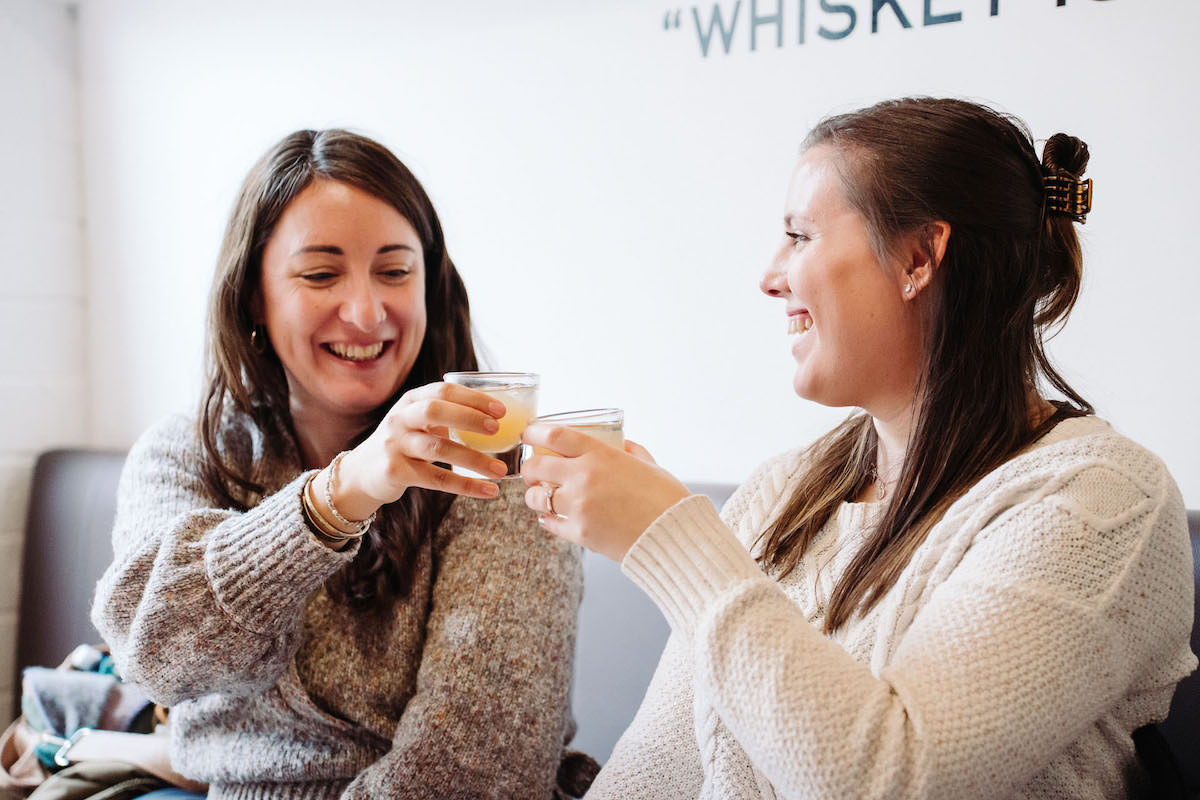
Send a Delegate or Two to the Bar
Once seated at a cozy booth or table, don’t all bum-rush the bar. The bartender will be overwhelmed. The other drink-ordering patrons will be annoyed. And you’ll just cause general confusion.
Instead, pick a leader—maybe the person whose turn it is to buy a round— to collect everyone’s drink order and then approach the bar. The Brits like to queue up, in general, but you’ll find the bar counter is one of the few places where there is seemingly disorder. And yet, it’s not really disorderly at all. Everyone standing at the bar, from patrons to bartender, all know in their heads who is next.
So, please don’t snap your fingers, clap your hands, whistle, yell out at the bartender or any such thing. Your turn will come and everyone knows when that is, even if you don’t.
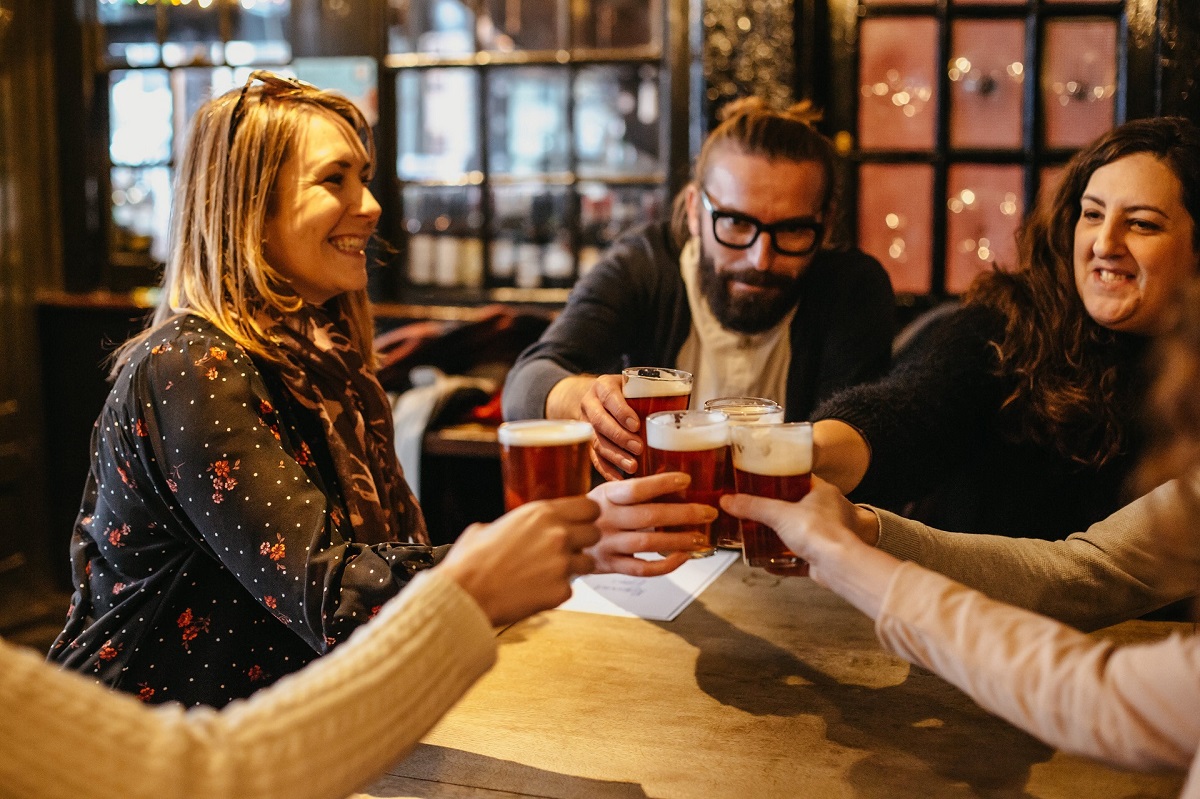
Know What You Want
One major English pub rule is to know what you want before you get the bartender’s attention. If you stand at the bar and finally get the bartender’s attention and you take too long to decide what you want or you ask, “What kind of beers do you have?” (when the taps are right in front of you), the bartender is going to move on to the next patron.
As you approach the bar, make sure you have your order ready. Saying you’d like a “beer” would be like ordering a “pasta” at an Italian restaurant, a “sausage” in a German beer hall, or a “glass of wine” at a tapas bar in Rioja. There are varieties and try to get a sense of what you want before ordering a “pint” (the proper terminology when ordering a beer in Britain). If you still don’t know what beer brand you want, you can ask for a lager, pale ale, bitter, stout, or porter, among others.
Note: if a pint of Guinness is part of your order, request it first: the two-part pour that involves Guinness is time consuming.
Traveler’s tip: Headed to London and want to find the most historic pubs in town? Now that you know the top English pub rules, check out our guide to the oldest pubs in London to get you started.
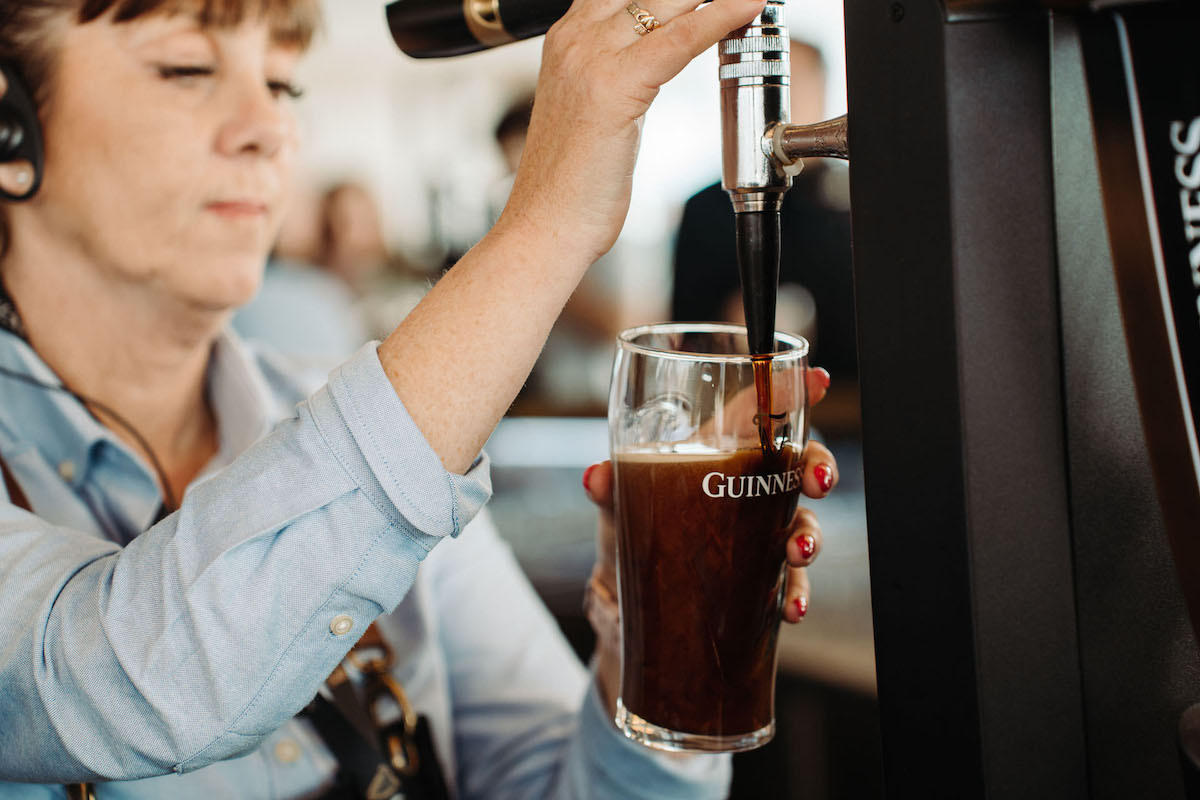
Skip the Tip
If you’re American, it might feel weird and awkward, but one of the top English pub rules is you’re not obliged to tip. Some publicans and bartenders, in fact, hate it because 1) the British can be a tad squeamish about money and 2) tipping part of your culture, not theirs.
It’s okay to round-up, for example if your beer is £2.90, just give the bartender 3 and say “thank you” and walk away with your pint. Other times, you can buy the bartender a drink: after your order is complete, you can say, “And one for yourself?”
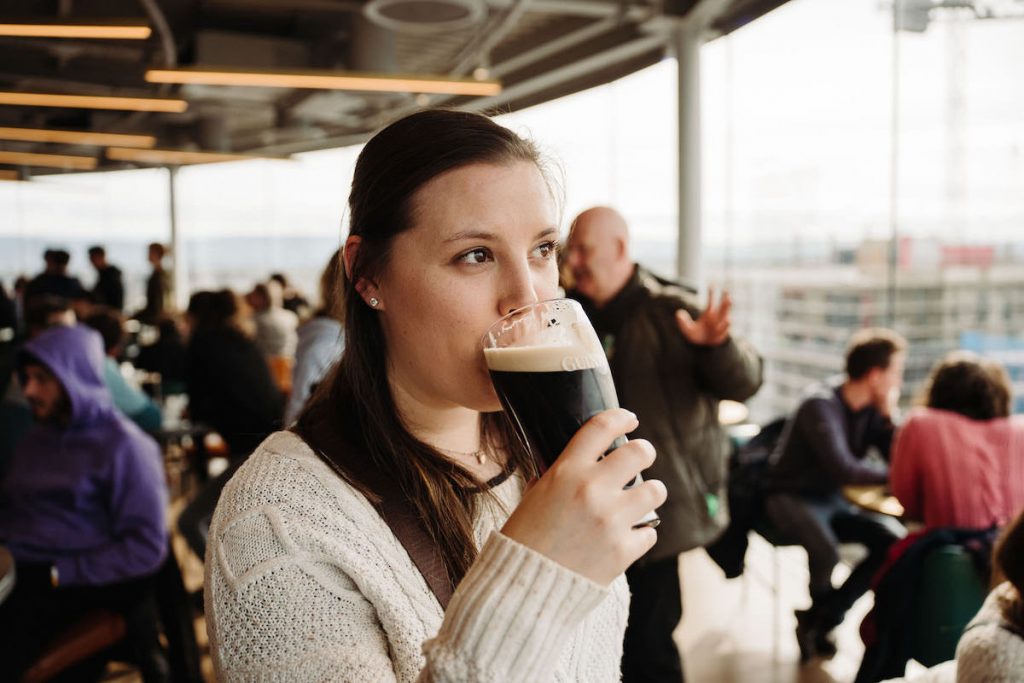
Understanding Drinking-Up Time in British Pubs
Closing Time
Pubs close at 11pm and a few close at midnight on weekends. One of the best English pub rules you can learn is that when the bartender bellows out “Last orders,” about 20 minutes before closing time, he or she means it. After 11pm, you might hear the bartender yell “drinking-up time” at around 11:20 pm and this means, down the hatch; it’s time to go.
English Pub Rules FAQ
What is the drinking-up time in a British pub?
Drinking-up time refers to the grace period after the last call when patrons can finish their drinks.
Are children allowed in English pubs?
Many pubs allow children but have restrictions based on time and age. Always check with the pub.
How do you order a drink in an English pub?
Approach the bar, make your order directly with the bartender, and pay immediately.
What is the etiquette for tipping in English pubs?
Tipping is not obligatory, but you can offer to “buy the bartender a drink” as a token of appreciation.
Are pets allowed in English pubs?
Some pubs welcome pets, particularly dogs, but it’s best to confirm beforehand.
Discover the stories, characters, and beers behind London’s most historic pubs on our fascinating Food Tour of London’s Historic Pubs! From traditional taverns to former haunts of legendary authors, you’ll discover that the history of this lively capital lies as much in its pubs as it does in its legendary landmarks.
